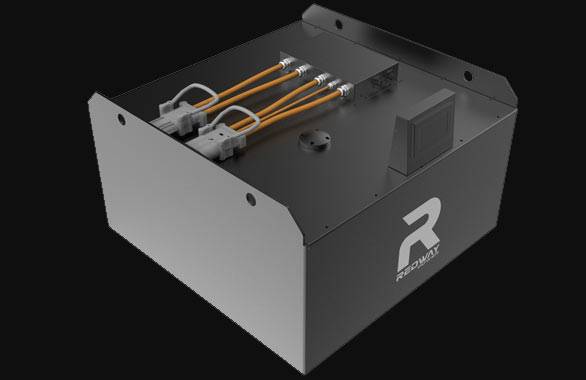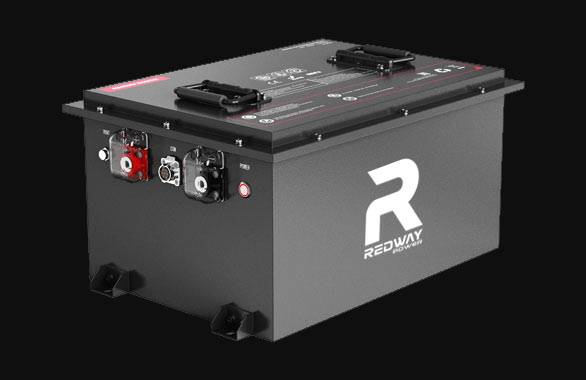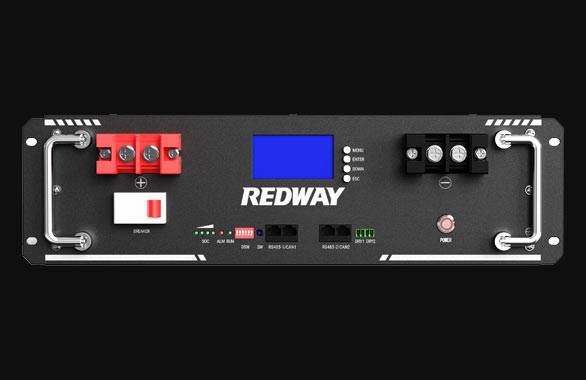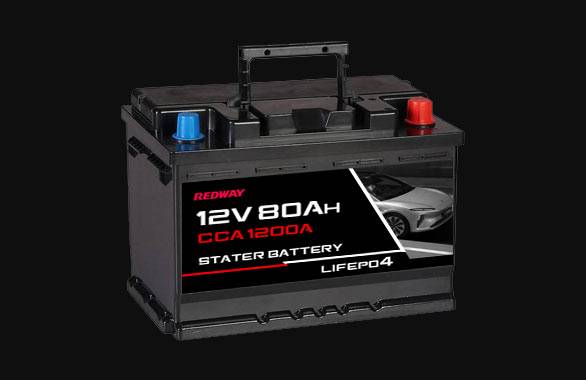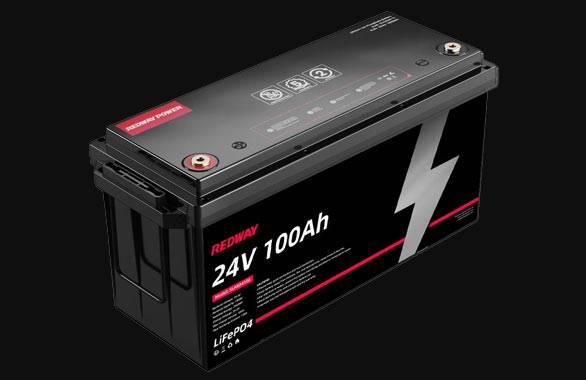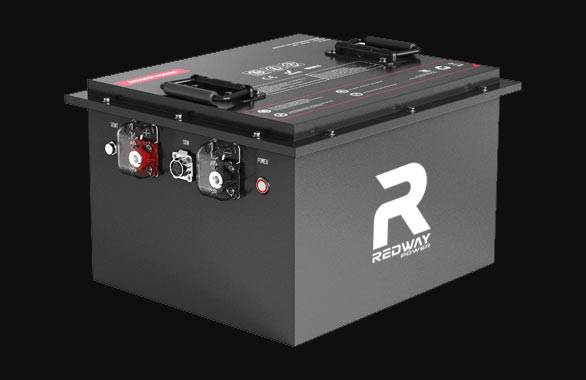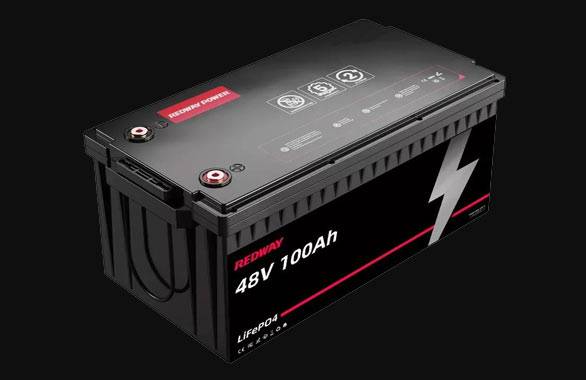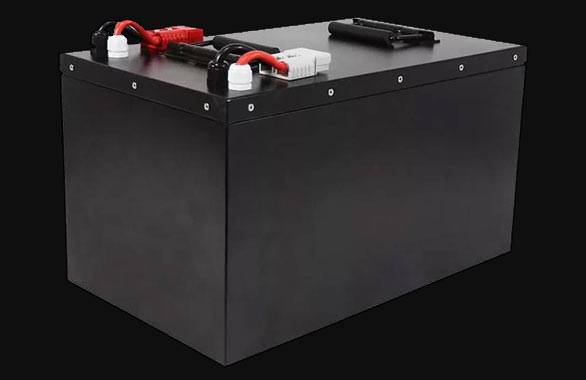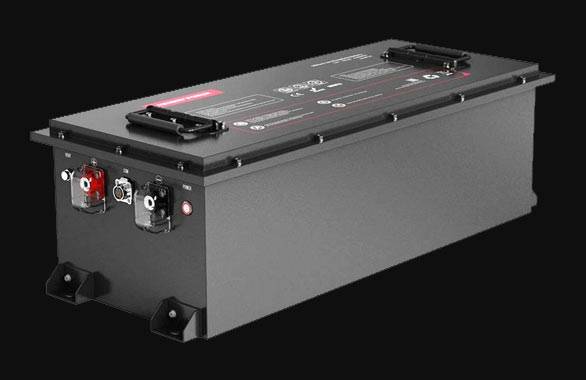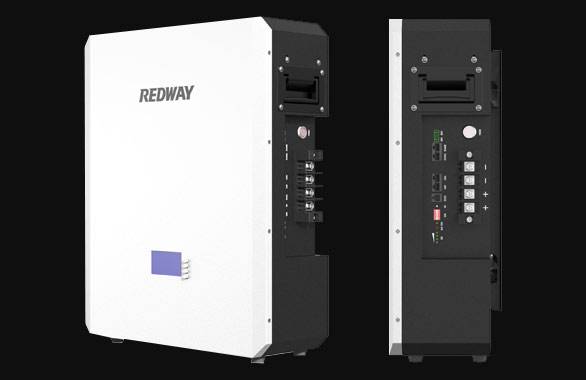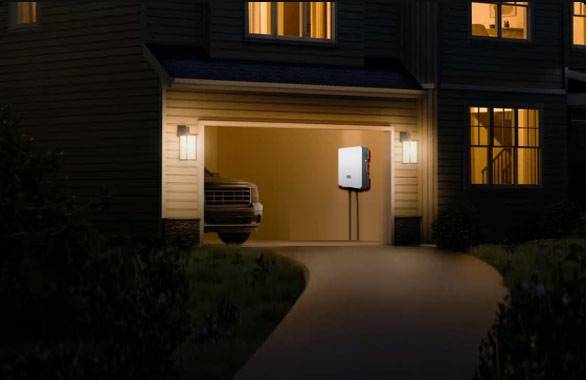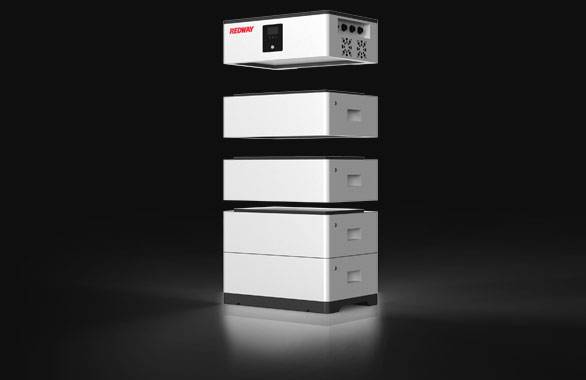- Forklift Lithium Battery
- Golf Cart Lithium Battery
- Rack-mounted Lithium Battery
51.2V 100Ah Rackmount LiFePO4 Battery
8000 times (80% DOD 0.5C)
Optional SNMP for TELECOM - Car Starter Battery
- 12V LiFePO4 Battery
12V 150Ah Lithium RV Battery
Bluetooth App | Self-heating
LiFePO4 | Group 31
UL 1642 | IEC 62619 - 24V LiFePO4 Battery
- 36V LiFePO4 Battery
- 48V LiFePO4 Battery
- 60V LiFePO4 Battery
60V 100Ah Lithium Battery (AGV, AMR, LGV)
Peak Discharge Current 400A
500 x 298 x 349 mm - 72V~96V LiFePO4 Battery
72V 100Ah Lithium Golf Cart Battery
Peak Discharge Current 315A (10S)
740 × 320 × 246 mm - Wall-mounted Lithium Battery
51.2V 100Ah 5kWh
Wall-mounted Battery532 x 425 x 170 mm / LiFePO4
>8000 Cycles (80% DOD 0.5C)
RS485 / CAN-bus
for Solar Home ESS - Home-ESS All-in-One
51.2V 32kWh
All-in-On HESS SystemPowerAll
51.2V / LiFePO4
>8000 Cycles (80% DOD 0.5C)
RS485 / CAN-bus / WiFi
All-in-One for Home ESS
How to Understand Lithium Ion Golf Cart Batteries

Lithium ion batteries have revolutionized golf carts, offering advantages such as longer lifespan, faster charging, and reduced weight compared to traditional lead-acid batteries. Understanding how these batteries work and their benefits can help you make informed decisions about upgrading your golf cart’s power system.
How Do Lithium Ion Batteries Work in Golf Carts?
Lithium ion batteries operate by moving lithium ions between the anode and cathode during charge and discharge cycles. This process generates electric current, making them highly efficient and capable of delivering substantial power in a compact design. The chemistry behind lithium ion batteries allows them to achieve higher energy density, which translates into more power stored in less space compared to lead-acid batteries.
What Are the Advantages of Using Lithium Ion Batteries for Golf Carts?
Lithium-ion batteries offer longer lifespan, lighter weight, and faster charging compared to lead-acid batteries. They provide consistent power output, require zero maintenance, and have a higher energy density, which improves golf cart range and performance. Lithium batteries are more environmentally friendly, with no harmful acid or heavy metals. Their built-in Battery Management System (BMS) enhances safety by preventing overcharging and overheating. Overall, they deliver better efficiency and lower lifetime costs.
Lithium ion batteries offer several key advantages over traditional lead-acid batteries:
- Longer Lifespan: Typically lasting 2–3 times longer than lead-acid batteries.
- Faster Charging: Can recharge in as little as 2–4 hours, significantly less than lead-acid counterparts.
- Lighter Weight: Weighing up to 70% less than equivalent lead-acid batteries, improving performance.
- Low Maintenance: No need for regular watering or maintenance checks.
- Higher Efficiency: Better energy conversion rates leading to improved performance.
Comparison Chart of Battery Types
| Feature | Lead-Acid Battery | Lithium Ion Battery |
|---|---|---|
| Lifespan | 2–3 years | 5–10 years |
| Charging Time | 8–16 hours | 2–4 hours |
| Weight | Heavier | Lighter |
| Maintenance | High | Low |
| Energy Density | Lower | Higher |
Which Types of Lithium Golf Cart Batteries Are Available?
The main types include Lithium Iron Phosphate (LiFePO4), Lithium Nickel Manganese Cobalt Oxide (NMC), and Lithium Titanate (LTO) batteries. LiFePO4 is the most common for golf carts due to its stability, long cycle life, and safety. NMC offers higher energy density but can be less stable. LTO provides fast charging and extreme temperature tolerance but at higher costs. Each type varies in performance, weight, and cost, so choose based on your specific needs.
Several models are specifically designed for golf cart applications, including:
- Trojan T-105
- Voltage: 48V
- Capacity: 105Ah
- Weight: 120 lbs
- Price: Approximately $2200
- Battle Born BB10012
- Voltage: 12V
- Capacity: 100Ah
- Weight: 31 lbs
- Price: Approximately $949
These models are known for their efficiency and durability, making them popular choices among golf cart users.
How Can You Choose the Right Lithium Battery for Your Golf Cart?
Select a lithium battery by matching voltage and capacity to your golf cart’s requirements. Check compatibility with the cart’s controller and charger. Consider cycle life, warranty, and brand reputation. Look for batteries with an integrated Battery Management System (BMS) for safety and durability. Weight and size should fit your cart’s battery compartment. Finally, assess your budget versus long-term savings and performance to find the ideal balance.
When selecting a lithium battery, consider the following factors:
- Voltage Compatibility: Ensure the battery matches your golf cart’s voltage requirements (typically either 36V or 48V).
- Capacity Needs: Assess your usage patterns to determine the necessary capacity (measured in Ah).
- Weight Considerations: Lighter batteries can enhance performance and handling.
- Brand Reputation: Opt for reputable brands known for quality and reliability.
How Do You Properly Install and Charge Lithium Ion Batteries?
Install lithium batteries following the manufacturer’s instructions, ensuring proper voltage matching and secure connections. Use a compatible lithium charger with the correct charging profile. Avoid mixing battery types or brands. Ensure the battery compartment has adequate ventilation and protection from moisture. Charge batteries in a temperature-controlled environment and never leave them unattended while charging. Regularly monitor charge levels through any available Bluetooth or display interfaces to maintain battery health.
Proper installation is crucial for optimal performance:
- Installation Steps:
- Disconnect the old battery.
- Connect the new lithium battery ensuring correct polarity.
- Secure all connections tightly.
- Charging Guidelines:
- Use a charger specifically designed for lithium batteries.
- Avoid overcharging; most lithium chargers will stop automatically when full.
What Maintenance Practices Should Be Followed for Lithium Ion Batteries?
Lithium batteries require minimal maintenance but should be kept clean and dry. Avoid deep discharges below 20% and charge regularly. Inspect connections for corrosion and ensure tight terminals. Store batteries in a cool, dry place at partial charge if not used for extended periods. Use the built-in Battery Management System (BMS) alerts to monitor health. Avoid exposing batteries to extreme temperatures to maximize lifespan and performance.
While lithium ion batteries require minimal maintenance, some practices can enhance longevity:
- Regularly check connections for corrosion or looseness.
- Store batteries at room temperature when not in use.
- Avoid deep discharges; recharge when levels drop below 20%.
How Long Do Lithium Ion Batteries Last Compared to Lead-Acid Batteries?
Lithium ion batteries typically last between 5–10 years, depending on usage and maintenance, while lead-acid batteries generally last around 2–3 years. This longevity leads to lower overall replacement costs over time.
What Are the Replacement Options for Golf Cart Battery Models?
Replacement options include lead-acid, AGM, and lithium-ion batteries. Lead-acid is budget-friendly but requires regular maintenance. AGM batteries are sealed and maintenance-free but heavier. Lithium-ion batteries provide the best performance, longest lifespan, and lowest maintenance but cost more upfront. When replacing, ensure the new battery matches the cart’s voltage and size specifications. Some users upgrade from lead-acid to lithium for improved efficiency and durability.
When considering replacements, various options are available:
- For Trojan T-105, consider alternatives like Redway Power, which offers compatible lithium solutions that provide similar or enhanced performance metrics.
Tips for Battery Wholesale Buyers
For those looking into wholesale purchases or OEM orders, consider these points:
- Research manufacturers with a proven track record like Redway Power, which specializes in lithium battery solutions with over 13 years of experience.
- Ensure compliance with safety standards and certifications.
- Establish clear communication regarding order quantities and delivery timelines.
Redway Power Expert Views
“Switching to lithium ion technology is not just about immediate benefits; it’s an investment in longevity and performance that pays off over time,” says an expert from Redway Power. “Our focus on quality ensures that clients receive reliable products that enhance their operations.”
FAQ Section
- What is the lifespan of a lithium ion golf cart battery?
A lithium ion golf cart battery typically lasts between 5 to 10 years, significantly longer than lead-acid alternatives. - Can I replace my lead-acid battery with a lithium ion battery?
Yes, you can replace lead-acid batteries with lithium ion options, but ensure compatibility with your golf cart’s voltage requirements. - Are there maintenance requirements for lithium ion batteries?
While maintenance is minimal, it’s advisable to check connections periodically and avoid deep discharges.


